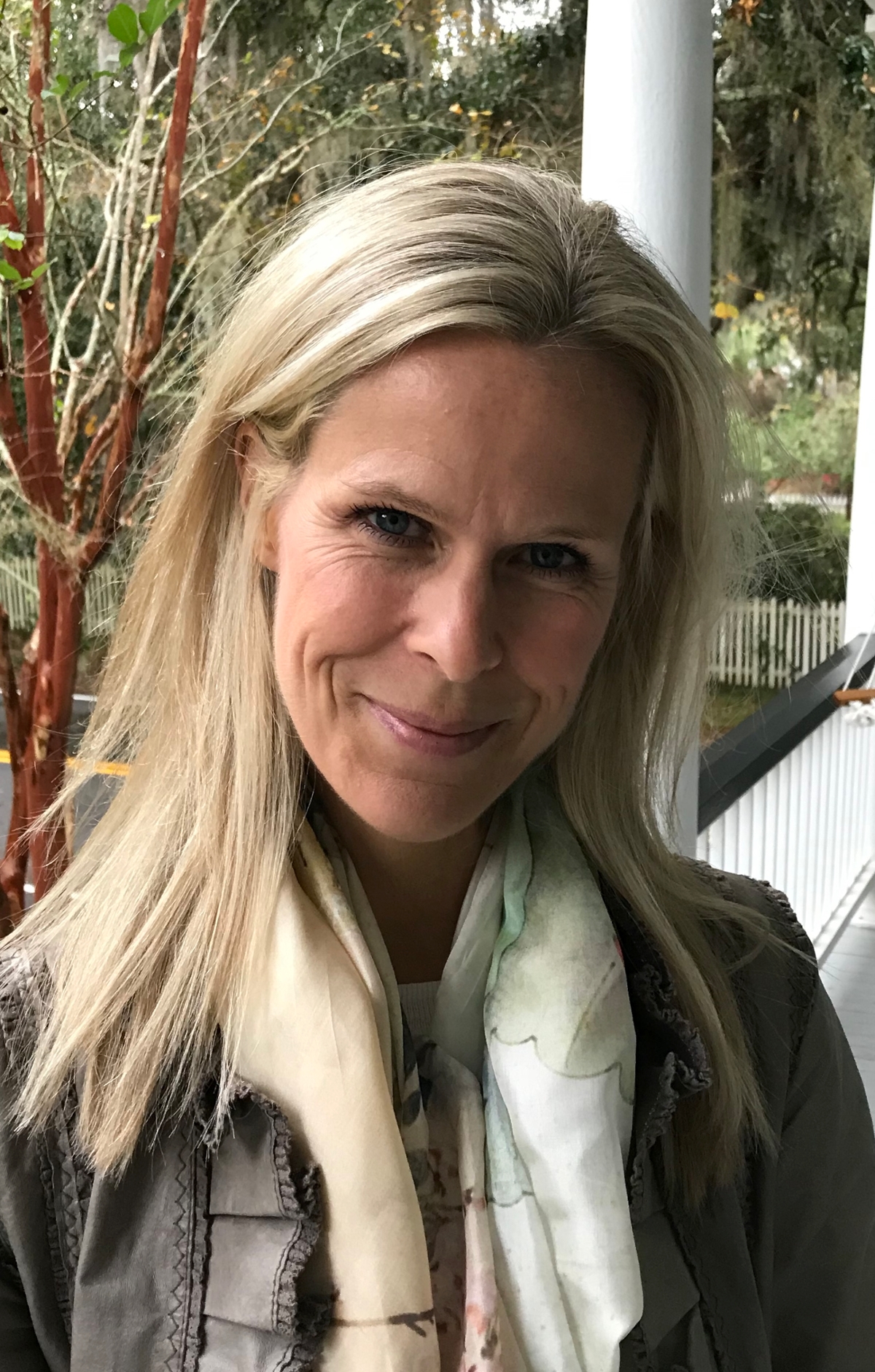
Margaret Hagood
Professor
Education
- University of Georgia, PhD, Reading Education
- Furman University, MA, Reading and Language Arts
- College of Charleston, BS, Elementary Education & Early Childhood Add-On Certification
Research Interests
Margaret Carmody Hagood has taught undergraduate and graduate courses in elementary and middle grade literacies, focusing on culturally relevant and responsive literacy instruction inclusive of digital literacies and pop culture. Her courses are built around creating a context of mindfulness inspired by Eastern philosophies and attentive to diversity, equity, inclusion, and belonging. She researches teachers' and students' connections between their identities and developing literacies to find meaning for their own lives. She situates her work using integral theory, poststructuralism, mindfulness, and Buddhist philosophy.
Margaret is currenlty serving as the Director for the Center for Excellence in Teaching and Learning (CETL).Courses Taught
Undergraduate Courses
- EDEE 425 Foundations of Language and Literacies
- EDEE 435 Instructional Strategies for Teaching Reading (Grades 2-6)
- EDEE 445 Teaching Writing/Design (Grades 2-6)
- EDMG 335 Teaching Writing/Design (Grades 5-8)
Graduate Courses
- EDEE 525 Advanced Foundations of Language and Literacies Development
EDEE 535 Theories and Strategies for Developing Literacies (Grades 2-6)
EDEE 545 Advanced Teaching Writing/Design with Children’s Literature & Multimodal Texts
First Year Experience Courses
- FYE 138: Learn it, live it, give it: Mentoring in Charleston
- FYE 138: Schooled: Exploring Anti-Racism, Inclusion, and Equity Through Children’s Literature (Critical Conversations Course)
Selected Publications
Hagood, M. C., & Attafi, H. (in preparation). Awakening: Reclaiming wholeness in teaching.
Hagood, M. C. (in press). Rhizomatic cartography of a literate life. In D. Sumara & D. Alvermann (Eds.), Ideas that Changed Literacy Practices: First Person Accounts from Leading Voices. Myers Education Press.
Hagood, M. C. (2016). Afterword. In D.E. Alvermann (Ed.), Adolescents’ online literacies: Connecting classrooms, digital media, & popular culture (pp. 205-210). New York: Peter Lang.
Hagood, M. C., & Skinner, E. (2015). Moving beyond data transcription: Rigor as issue in representation of digital literacies. Literacy Research: Theory, Method, and Practice, 64, 429-442, DOI: 10.1177/2381336915617600. (http://lrx.sagepub.com/cgi/ reprint/64/1/429.pdf?ijkey= wrc6BJ3CaHFj42K&keytype=finite )
Hagood, M. C. (2014). Using Discourse study as an instructional practice with adolescents to develop 21st century literacies of critically conscious citizens. In K. Hinchman & H. Sheridan-Thomas (Eds.), Best practices in adolescent literacy instruction (2nd ed.) (pp. 62-79). New York: Guilford.
Skinner, E. N., Hagood, M. C., & Provost, M. (2014). Creating a New Literacies Coaching Ethos. Reading & Writing Quarterly: Overcoming Learning Difficulties, 30(3), 215-232, DOI: 10.1080/10573569.2014.907719
Hagood, M. (2013). Lessons learned from Amanda Baggs: Implications for New Media Literacies Education. In B. De Abreu & P. Mihailidis (Eds.), Media literacy education in action: Theoretical and pedagogical perspectives (pp. 37-44). New York: Routledge.
Hagood, M.C. (2012). Risks, rewards, & responsibilities of using new literacies in middle grades. Voices from the Middle, 19 (4), 10-16.
Hagood, M. C. (2012). Have computers and other new technologies enhanced classroom instruction? [The Counterpoint Position]. In K. P. Brady (Ed.), Technology in schools: Debating issues in American education: A SAGE Reference Set Volume 10 (pp. 208-225). Thousand Oaks, CA: Sage.
Hagood, M. C. (2011). Middle school teachers’ successes and challenges in navigating web 2.0 technologies in a web 1.0 middle school. In D.E. Alvermann & K.A. Hinchman (Eds.), Reconceptualizing the literacies in adolescents’ lives (3rd ed., pp. 224-263). New York: Routledge.
Honors & Awards
- 2015-2016 Yearlong Sabbatical Award
- 2014-2015 Faculty Fellow, Center for Partnerships to Improve Education
- 2015 The Distinguished Teaching Award, College of Charleston
- 2013 Nomination for Distinguished Teaching Award, College of Charleston
- 2011 Nomination for Distinguished Researcher Award, College of Charleston
- 2008-2009 Yearlong Sabbatical Award
- 2006 Junior Teacher Scholar Award, School of Education, College of Charleston